Information democracy
Powerful companies and governments control the way the internet and new technologies are deployed. These actors blur the lines on corporate power in ways that have tremendous impact on people and democracies. The dominant business model of ‘Big tech’ platforms is based on surveillance, polarization and power imbalances. This ‘surveillance capitalism’ has had a global impact on democracy. For example, state and private actors can use the internet and technologies to spread political disinformation, to manipulate electoral results, to attack human rights defenders and to limit civic space.
Filter resources
-
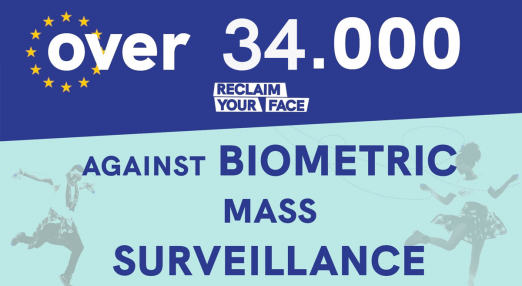
#ReclaimYourFace and help prevent the end of privacy as we know it!
Facial recognition and other biometric surveillance threatens the core of our right to privacy and data protection by surveilling and judging us. This is why across Europe, we’re calling to ban biometric mass surveillance practices. We’re counting on EU citizens to sign our ECI petition, and on everyone to spread the word and make sure that European governments cannot ignore our demand.
Read more
-

Why Facebook’s proposed hate speech policy on Zionism would only add fuel to the fire
Pressured to combat surging hate speech and anti-Semitism on its platform, Facebook is looking into how it should moderate the use of the word “Zionist,” and whether to add the term as a protected category under its hate speech policy. EDRi's member Access Now doesn’t think that is a good idea, particularly given Facebook’s inability to strictly adhere to human rights principles in its content moderation practices.
Read more
-

Targeted Online: How Big Tech’s business model sells your deepest secrets for profit
Surveillance-based advertising which is currently the business model used by Google, Facebook and many others is harmful to people and to society as a whole because it encourages the spread of disinformation. It's also bad for the media who lose control of their ad space and suffer from decreasing revenue as a result.
Read more
-

Booklet: Surveillance-based advertising: An industry broken by design and by default
Most online advertising today relies on huge amounts of personal data extracted from people without their knowledge. EDRi’s new guide book “Targeted Online” sheds light on this opaque data industry and explores how EU law should regulate it. This is the first blog post in a new series dedicated to the EU’s proposed Digital Services Act and Digital Markets Act.
Read more
-
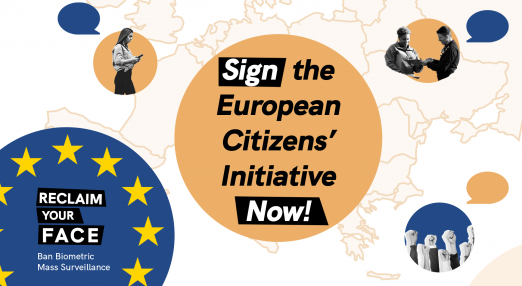
EDRi-gram, 24 February 2021
For years, the EDRi network has exposed how people’s most sensitive identifying characteristics like our faces, fingerprints or the way we walk are unlawfully harvested on an industrial scale by European governments and corporations to make unfair judgements about us without our knowledge. Now, with the launch of our Reclaim Your Face campaign’s European Citizens’ Initiative, we are increasing the pressure on lawmakers to put our rights ahead of big businesses’ profits.
Read more
-
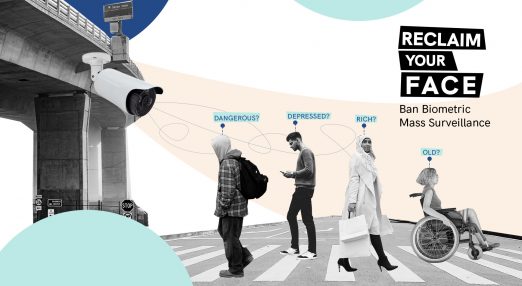
Mass facial recognition is the apparatus of police states and must be regulated
Scientists have shown the inherent structural discrimination embedded in biometric systems. Facial analysis algorithms consistently judge black faces to be angrier and more threatening than white faces. We also know that biometric systems are designed with a purportedly “neutral” face and body in mind, which can exclude people with disabilities and anybody that does not conform to an arbitrary norm.
Read more
-
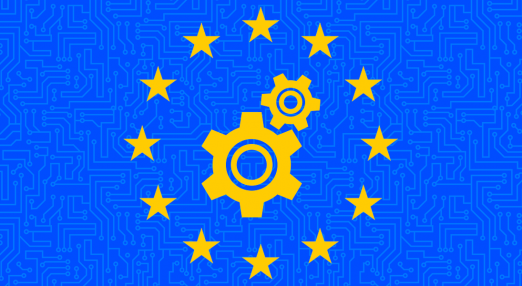
The Digital Markets Act must do more to protect end users’ rights
As the European Commission sets out plans for a Digital Markets Act, EDRi calls for the protection of users’ human rights to be at the centre of plans to regulate the role platform gatekeepers play in the future of Europe’s digital environment.
Read more
-
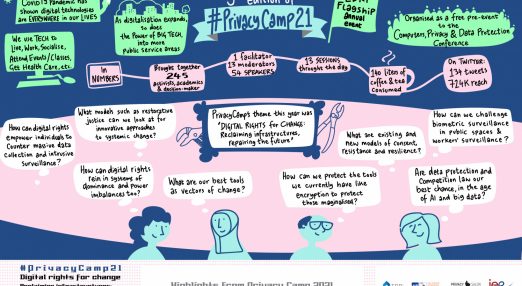
EDRi-gram, 10 February 2021
This edition of the EDRi-gram is jam packed full of national and European insights and examples on how our data and tech is being misused by those in power and what we must do about it! In this edition we showcase another example of how governments in Europe are using discriminatory biometric technologies against marginalised groups. We expose how Big Tech continues to make big profit by expanding into the public sphere, share why breaking encryption would hurt children and adults alike and much more.
Read more
-

#PrivacyCamp21: Event Summary
The theme of the 9th edition of Privacy Camp was "Digital rights for change: Reclaiming infrastructures, repairing the future" and included thirteen sessions on a variety of topics. The event was attended by 250 people. If you missed the event or want a reminder of what happened in the session, find the session summaries below.
Read more
-
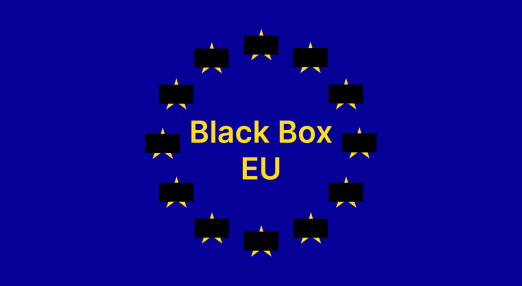
Black Box EU – Transparent trilogues instead of secret laws
The transparency platform FragDenStaat launches its new campaign "Black Box EU" today. The aim is to make documents from the otherwise secret EU trilogue negotiations public. Via the FragDenStaat website, people can submit requests under the Access to Documents Regulation and thus free the documents.
Read more
-
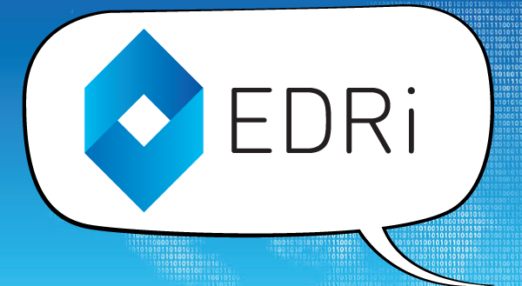
Call for Nomination: EDRi Board elections 2021
EDRi is looking for interested candidates to become a member of the EDRi Board. As an EDRi Board Member, you will help shape the future of the organisation and the network and advance our mission to promote and protect human rights in the digital environment. You will have a responsibility as an employer of the EDRi office and vis-à-vis the members.
Read more
-
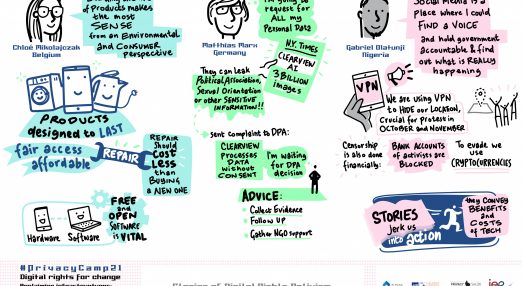
What went down at #PrivacyCamp21?
EDRi’s annual flagship event Privacy Camp took place yesterday, on 26 January, for the first time online. We hope many of you were able to attend and that you found the event just as inspirational as the in-person experience.
Read more
